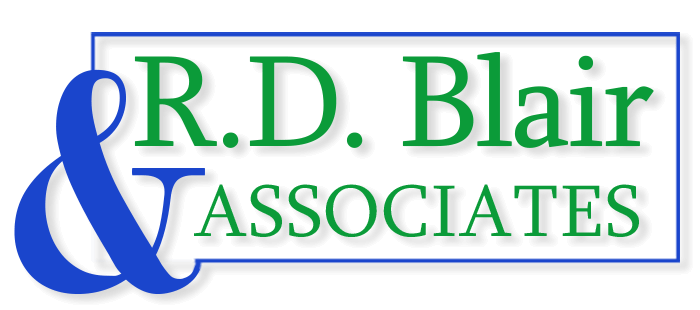Tax Liens & Levies
A Tax Lien is a claim imposed by the federal government to help liquidate a person’s property until the tax and debt owed is fully paid.
Tax Liens & Levies
A Tax Lien is a claim imposed by the federal government to help liquidate a person’s property until the tax and debt owed is fully paid. This document is used to advise creditors or potential creditors that you owe money to the government. A lien does not take any direct action against you but will harm your credit.
A levy is a legal seizure of your property to satisfy a tax debt. Levies differ from liens in that a lien is a claim used as security for the tax debt, while a levy actually takes the property to satisfy the tax debt. Levies are much more serious than Liens and a levy can be claimed against your wages, your bank account, investments, and other property.
Tax Audits and Appeals
A Tax Audit is a type of forensic audit, performed by the government appointed auditors, to determine if the appropriate taxes were paid in full by the individual or entity being audited. The IRS examines (audits) tax returns to verify that the tax reported is correct. Being selected for examination does not mean an error was made or fraud was detected.
In fact, some examinations result in a refund to the taxpayer or acceptance of the return without change. If you receive a letter from the IRS stating you’re the target for an audit, don’t panic, speak with the auditor enough to refer them over to a tax professional.
The IRS provides an Appeals System for those who do not agree with the results of a tax return examination or with other adjustments to their tax liability. An Appeal is the process of requesting a formal change to an official tax decision. A tax appeal is right for you if you receive an IRS correspondence explaining you have the right to come to appeals to dispute an IRS decision and you refuse to sign an agreement form sent to you. Why not seek professional assistance; help is just a phone call away.
Owe Back Taxes
Back Taxes are obligations owed to taxing authorities for previous tax years. Because they were not paid when they were due, the back taxes will also typically incur interest and fines until they are dealt with. It is highly advisable to deal with back taxes as quickly as possible, because many tax agencies have the authority to enforce liens and other actions on you, thereby forcing you to pay your back taxes. If you owe back taxes, it is better to approach your tax agency than to sit and wait for the tax agency to approach you.
Tax Collections
The IRS has the power to take your wages, bank accounts, and other property without first granting you a hearing. Despite those powers you aren’t entirely at the IRS’s mercy. The IRS collection process starts with computerized form letters, which should not be ignored. If you can’t pay, request more time by sending a letter back. Carefully prepare your financial information before speaking with the tax collector. Avoid giving bank account and employment information to the IRS over the phone. If you don’t want to deal with an IRS collector over the phone, request that your file be sent to the local district office so you can meet with a tax collector to work out a payment arrangement.
Never lie to an IRS employee about your assets or anything else. If you are in dire financial straits, ask the IRS to suspend its collection for financial hardship if your income is very low or if you are out of work. Read IRS Publication 1, which explains the Taxpayers’ Bill of Rights. Also, contact a tax professional for help dealing with IRS.
Subscribe to Our Newsletter
Stay informed with the latest tax tips, and financial strategies.

We provide expert tax planning and financial consulting to help you reduce liabilities.
Quick Links
Useful Links
Contact Us
Phone
Get in Touch
Tax Advisor & Financial Consulting WordPress Theme Powered by R.D. Blair and Associates, LLC.
Copyright © 2025. All rights reserved.





